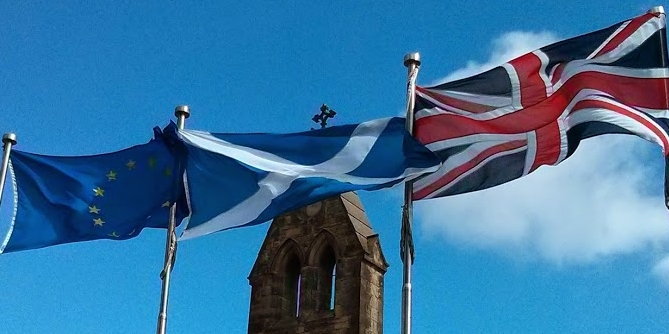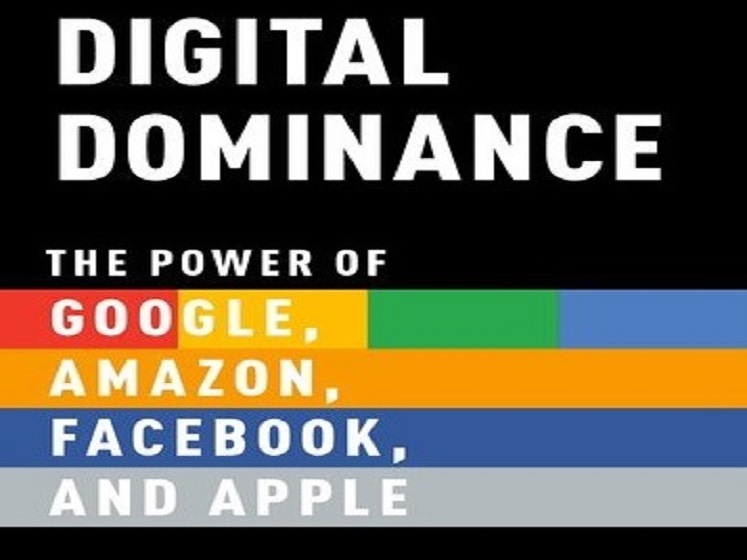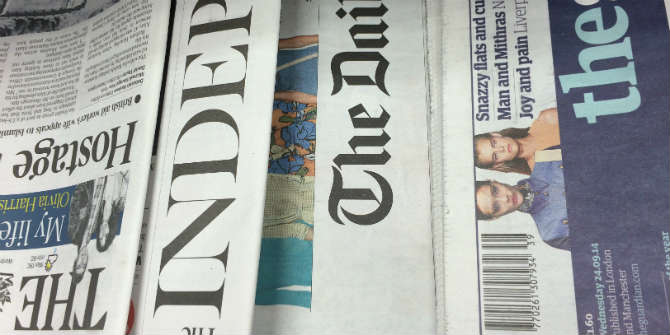 Yesterday, IMPRESS announced that it would seek recognition under the Royal Charter put into place following the Leveson Inquiry. In short, this means that once the exemplary damages clause of the Crime and Courts Act 2013 kicks in in November, IMPRESS members would only have to pay their own costs in libel and privacy cases, while as other publishers would be liable for damages. Walter Merricks, chair of IMPRESS, explains here the reasoning behind the aspiring regulator’s decision.
Yesterday, IMPRESS announced that it would seek recognition under the Royal Charter put into place following the Leveson Inquiry. In short, this means that once the exemplary damages clause of the Crime and Courts Act 2013 kicks in in November, IMPRESS members would only have to pay their own costs in libel and privacy cases, while as other publishers would be liable for damages. Walter Merricks, chair of IMPRESS, explains here the reasoning behind the aspiring regulator’s decision.
As soon as I was appointed Chair of IMPRESS, people asked me whether we would be seeking recognition under the Royal Charter on Self-Regulation of the Press. It would have been absurd for me to give an immediate answer. The IMPRESS Board was yet to be appointed, let alone to hold our first meeting. When we did meet for the first time, early this year, we agreed that we would hear what people had to say for and against the Charter before reaching a decision.
Many people told us about the benefits of the Charter framework. More than two-thirds of the public do not trust news publishers or politicians to regulate the press. In this context, the Charter, it is said, strikes the right balance between self-regulation and independent oversight. It guarantees that a regulator is acting in the interests of the public whilst protecting it from political interference. It requires regulators to offer arbitration for legal disputes, a whistleblowing hotline for journalists who are asked to breach the standards code and a straightforward complaints-handling service for members of the public. All this is designed to level the playing field between news publishers, journalists and their readers.
The Press Recognition Panel established under the Charter is entirely independent of Parliament and Government. As its Chair, David Wolfe, has said, he is probably the most independent public official in this country, with secure funding and a mandate which can only be revoked by a two-thirds majority in the House of Commons, House of Lords and the Scottish Parliament – an increasingly unlikely prospect. His Panel’s only role is to verify whether a regulator such as IMPRESS offers what it says it does: independent and effective regulation, according to the standards proposed by Lord Justice Leveson.
We heard some concerns about the carrots and sticks which are designed to encourage membership of a recognised regulator. Publishers which do not join a recognised regulator may be obliged to pay the legal costs of those who sue them for libel or breach of privacy. Conversely, publishers which belong to a recognised regulator will be protected against these costs. The aim here is to encourage publishers and claimants to resolve legal disputes through impartial arbitration, provided at low cost by a recognised regulator, thereby enhancing access to justice for all parties.
In the absence of any such means of dispute resolution, the risk of high legal costs does not allow some news publishers to take on powerful companies or individuals who threaten to sue them for libel. This means that important stories in the public interest never reach the public. At the same time, ordinary people can’t afford to take on newspapers which play havoc with their reputations. Only last year, Kate and Gerry McCann had to sue the Sunday Times for repeating defamatory lies about them. As they said:
“There is no sign of any post-Leveson improvement in the behaviour of newspapers like this. The fact is that most families could not take the financial and legal risk of going to the High Court and facing down a big press bully as we have. That is why News UK and the big newspapers have opposed Leveson’s reforms and the arbitration scheme which is a necessary part of it.”
I have been involved in a number of ombudsman schemes which are designed to reduce the inequality of arms between powerful firms and their consumers. I know how effective such schemes can be in preventing companies with deep pockets from using their muscle to defeat justified claims for redress. That’s why I find these levelling provisions very attractive.
As the Board approached our decision on whether to seek recognition, we heard some quite spurious arguments. Some people suggested that IMPRESS would apply for recognition just to give the Press Recognition Panel something to do, or to please Hacked Off or the politicians from all parties who approved the Charter, or simply to trigger the ‘sticks’ for publishers who remain outside the Charter framework. None of these suggestions are true. The process of seeking recognition will be arduous, uncertain and time-consuming for our Board and small staff team. We would not go down this road unless we believed it was the right course of action.
In the end, we have decided to seek recognition, after weighing up all the arguments, because there is a market among independent publishers for regulation of this kind. Many journalists have also welcomed the prospect of credible and independent regulation. Small news publishers particularly appreciate the kitemark which IMPRESS will be able to offer them, as evidence that their regulator is independent of the state and the newspaper industry. They appreciate that the new costs protections will allow them to run hard-hitting stories of a kind which are currently impossible because of the chilling effect of libel law.
So that is why we will apply for recognition: because there is a job for us to do. And if our intervention has a wider beneficial impact, that of course is welcome.
This post gives the views of the author, and does not represent the position of the LSE Media Policy Project blog, nor of the London School of Economics and Political Science. This post was also published on the IMPRESS site and is reproduced here with permission and thanks.
To hear more about the implications of recognition, come to our event hosted jointly with the Press Recognition Panel on June 9 where David Wolfe will speak about What Makes a Good Self Regulator of the Press? Interpreting the Royal Charter on Press Regulation.






3 Comments